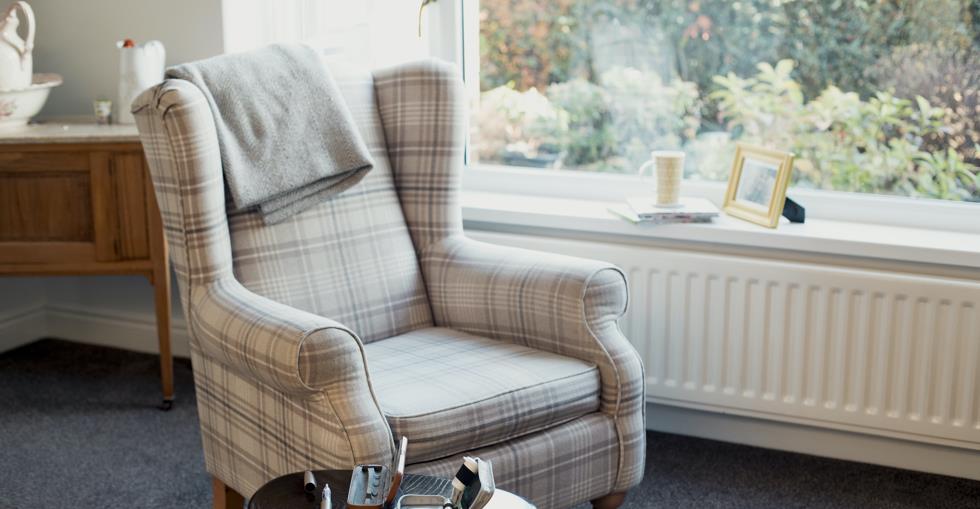Selling your care home should not be done in haste. Expect the process to take at least six months and prepare as far in advance as reasonably possible.
It’s helpful to define your red lines – negotiating terms you’re unwilling to compromise on – at the outset, so your advisor can zero in on the most appropriate buyers.
Speaking of which, it’s advisable to appoint a business broker to help you navigate the sales process. They can help you sell the business sooner, at a higher price, than would otherwise have been the case.
It also frees you up to concentrate on providing high-quality care to your residents until you hand over to a new owner.
Preparing for sale
Preparing your care home for sale means getting your accounts in order and gathering together all paperwork related to payroll, tax records, property and other assets, and so on.
Make sure you’re up to date with licences and other regulatory compliance and, if applicable and possible, settle any outstanding legal problems before selling.

Your adviser can help you put together a handbook outlining every aspect of the care home’s day to day operations and long-term strategy.
You should strengthen your business’s weaknesses, and champion them in your sales prospectus, plus mitigate its weaknesses, as much as possible in advance of a sale.
It, therefore, helps to be clear on what constitutes an attractive acquisition. The bullet-point list of factors influencing a business valuation in the next section is informative in this respect.
Business valuation
A business valuation expert can advise you on valuation factors and the weighting each warrant.
The sale price of similar businesses, or rough cost of recreating the business from scratch, can provide useful benchmarks.

A multiple of EBITDA – the weighted average of earnings before interest, tax, depreciation and amortisation – is the valuation method of choice for nursing homes.
The multiple chosen depends on the favourability of a variety of factors, such as:
- Location – with regard to local demographics, income levels and competition
- Whether it is freehold or leasehold – with the former commanding much higher prices
- Condition of premises. Modern, purpose-built buildings generally command a higher price than adapted or converted older premises
- Bed capacity and occupancy levels
- Room for expansion and likelihood of securing planning permission
- Quality and range of fixtures, fittings, furnishings and equipment, such as lifts and mobility equipment
- Provision of niche services that provide an edge over nearby competitors, such as convalescence and respite care, or accommodating Alzheimer’s and dementia patients
- Skills and qualifications of staff
- Reputation or goodwill – the views of staff and customers will form part of buyer due diligence
- Whether the buyer inherits an effective management team, which minimises disruption during transition to new ownership
- Existence of any legal or compliance problems
- Reason for sale – with forced or distressed sales and, even more so, business closure, warranting a discounted valuation
Finding buyers
Listing your business online – perhaps concealing its identity to maintain confidentiality – gives you access to a large range of buyers a month.
Your advisor can advise on which buyers you should target through other channels.

Here are some common types of buyer:
- Competitors seeking expansion. Typically having a keener understanding of your business, they’re more likely to recognise its value – but there’s an obvious risk to sale confidentiality
- Companies looking to vertically integrate – whether suppliers or customers, they’re rarer but pose fewer confidentiality issues
- Companies looking to expand overseas – often offering a much higher price, but you’ll probably need an M&A advisor with strong international connections to find them
- High net worth individuals – minimal confidentiality issues but will often see less value than a competitor or overseas bidder
- MBI/MBO teams. Whether an external management team (buy in) or internal management team (buyout) they bring industry experience and might be backed by private equity, with vendor financing offered by yourself possibly sealing the deal
Negotiating and closing the deal
Once you’ve found a serious buyer and pre-qualified their funding, both parties agree non-binding deal terms, including warranties and indemnities, a price and how it will be paid.
You could offer – or might be asked – to stay on for a transitional period after the sale. If not, the buyer might make the sale conditional on agreeing to additional warranties to protect themselves.
Thereafter the buyer conducts due diligence of your premises, inventory, historic accounts and so on. If due diligence uncovers any undisclosed problems, the buyer may seek to renegotiate the price and terms – and may even walk away altogether.
When you’ve drafted and signed, along with the other party, a final sale agreement, you’re legally obliged to proceed with the sale. It’s a done deal.




